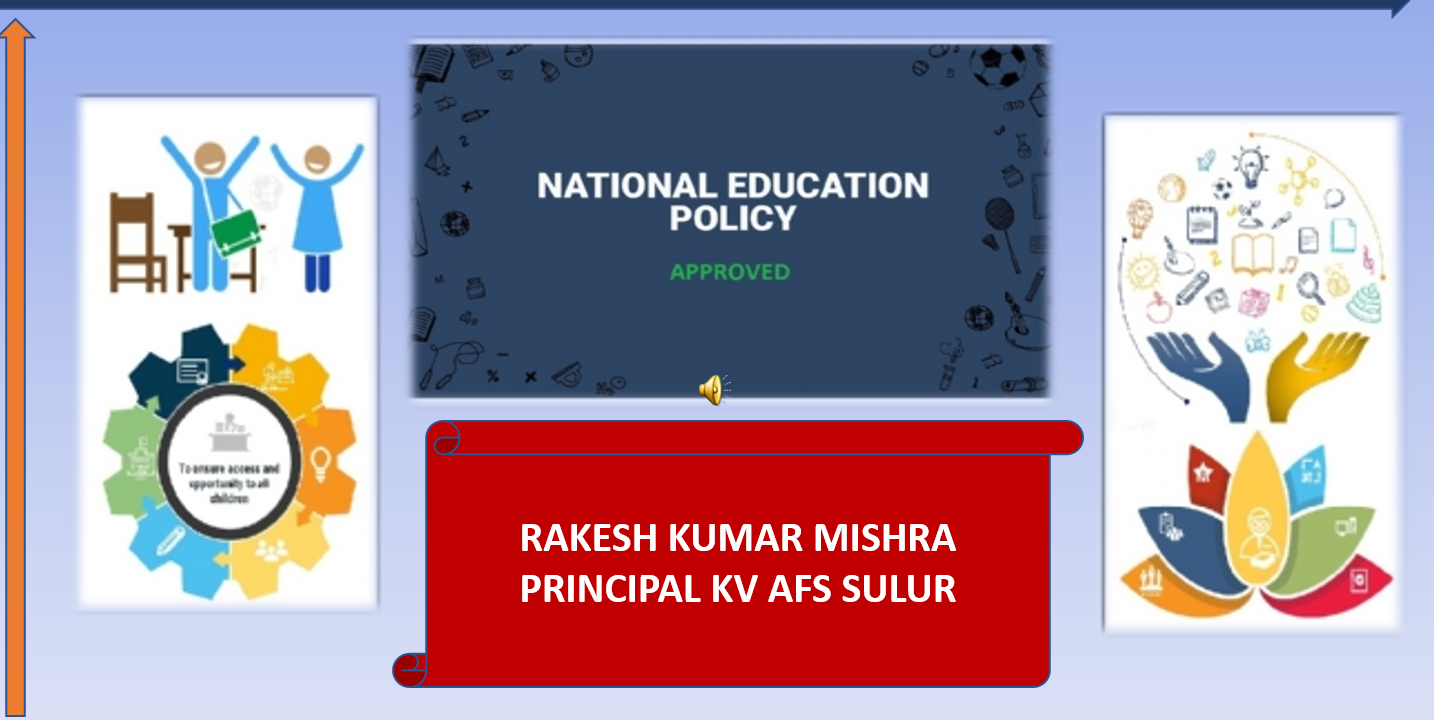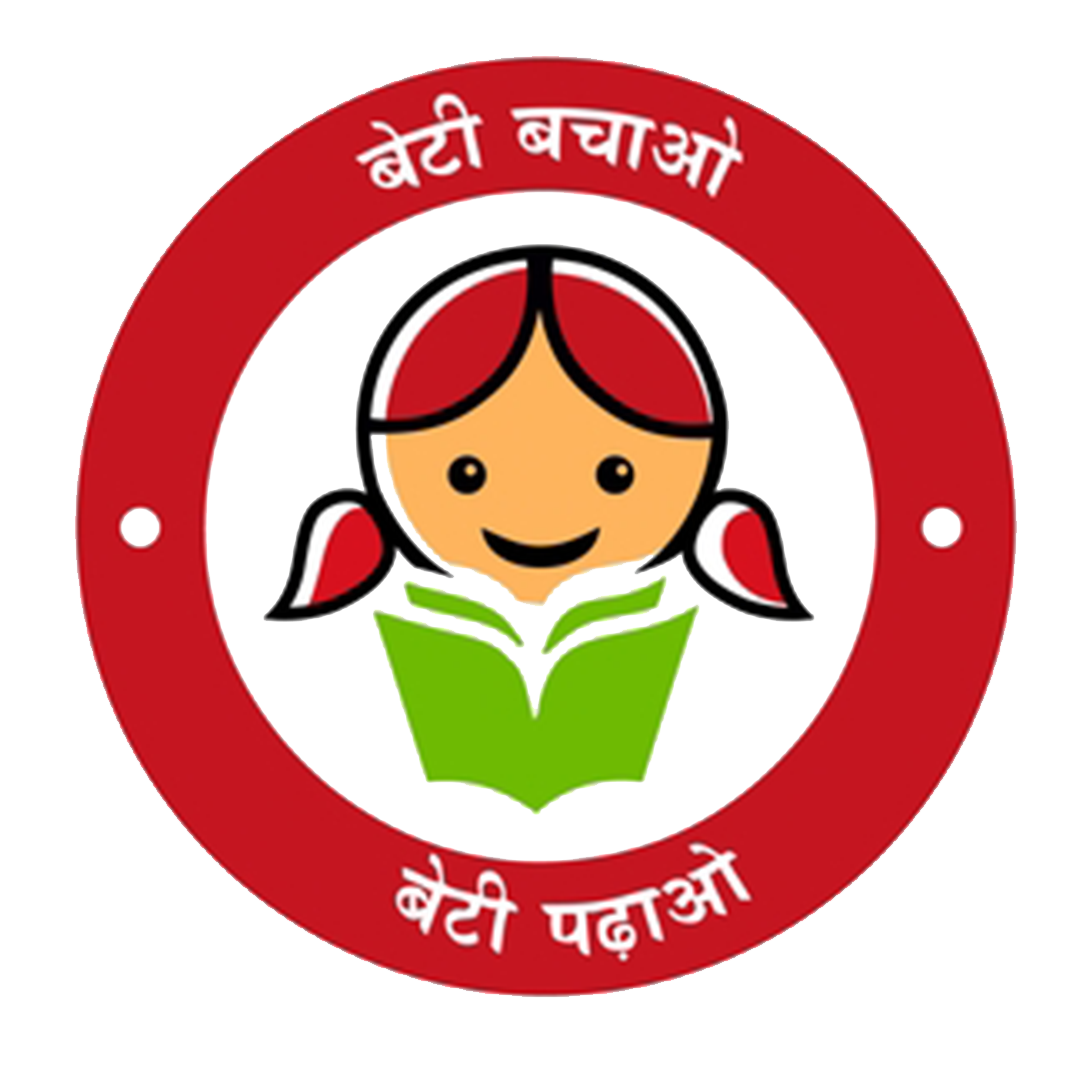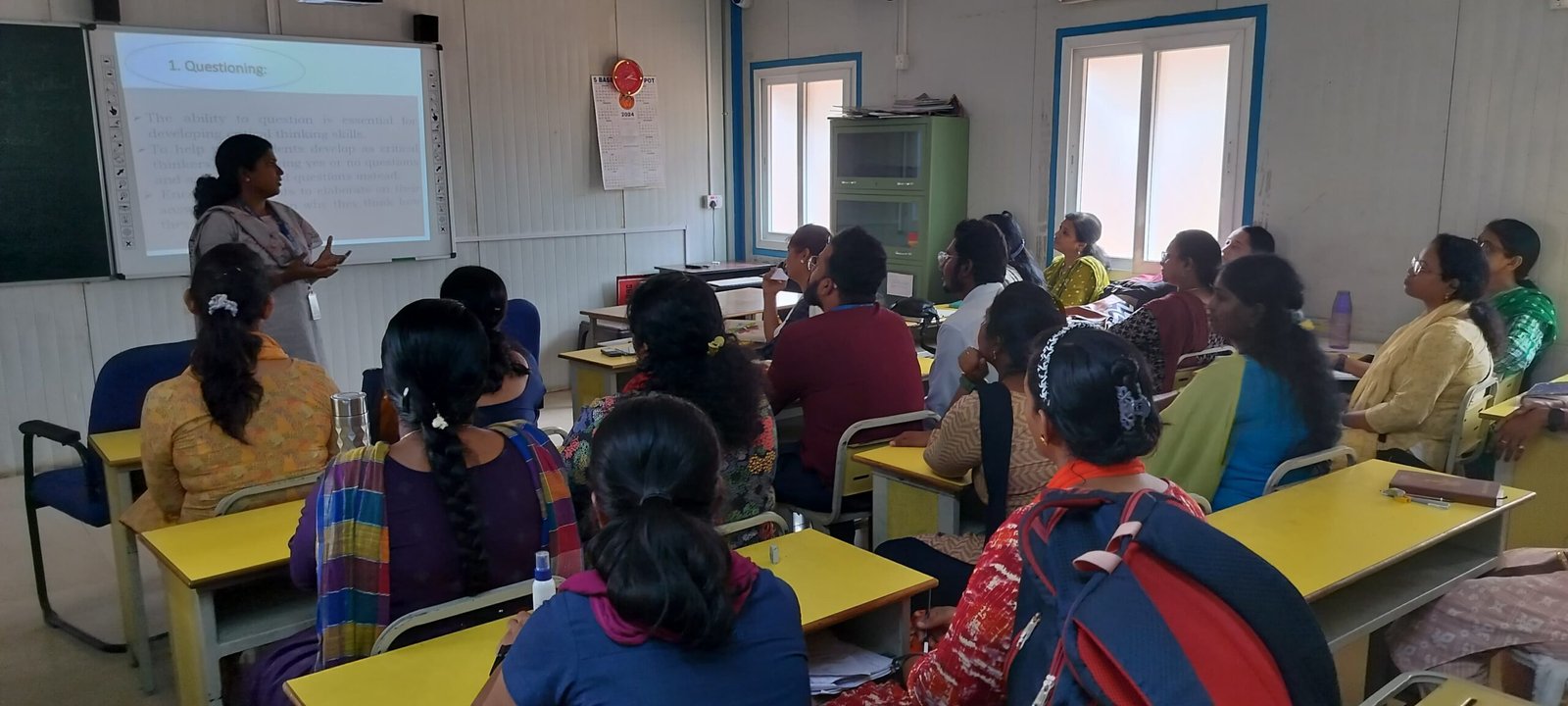
Teacher Wellness
The main goal of Health and wellness Teacher is to inform students of proactive ways to stay well and prevent disease. Listen to students concern about academic, emotional or social problems. Helps students process their problems and plan goals and action. We have one HWT Mrs. Kavitha Sethuraman. She educates the students regarding how health and overall being is important for the human beings.
UDDY Learning Academy
Topic: Mastering Classroom Management for Teachers
Date: 19-06-2024
Venue: Air Force School, 5 BRD, Sulur
Conducted by: Mr. Adithya, Ms. Subreena D’ Souza, Mr. Paul Mathew Prine (UDDY)
Overview: The workshop aimed to equip teachers with effective strategies for mastering classroom management, emphasizing building positive relationships, setting clear expectations, utilizing various tools and routines, and enhancing instructional clarity to inspire students.
Main Points Covered:
- Building Positive Relationships:
- Importance of establishing rapport and trust with students.
- Strategies such as morning handshake, emoji greetings, compliment train, and friendship bracelets to foster a positive classroom environment.
- Creating a sense of community and belonging among students.
- Setting Expectations:
- Behavioural expectations: Discussing respectful behaviour, collaboration, and responsibility.
- Academic expectations: Setting goals for learning outcomes and encouraging academic excellence.
- Punctuality, homework, and study habits: Establishing routines and consequences for late work, emphasizing the importance of consistent study habits.
- Role Play and Practice:
- Engaging teachers in role-playing scenarios to demonstrate effective classroom management techniques.
- Practicing strategies for conflict resolution, behaviour redirection, and reinforcement of positive behaviour.
- Classroom Management Tools:
- Noise level monitor: Implementing visual or auditory cues to regulate noise levels during activities.
- Exit tickets: Tickets issued for students for break in between the class.
- Scoreboard: Utilizing a visual tracker to reward positive behaviour and achievements.
- Attention grabbers: Techniques to regain student focus during transitions or discussions.
- Establishing Routines:
- Group work routines: Structuring activities to promote collaboration and teamwork.
- Instruction clarity: Using hand signals, clear verbal instructions, and visual aids to enhance understanding.
- Body language, tone, and eye contact: Awareness of non-verbal communication to convey authority, empathy, and engagement.
- Inspiring Students:
- Motivating students through personalized feedback, encouragement, and recognition of achievements.
- Incorporating inspiring stories, real-world examples, and engaging activities to spark curiosity and enthusiasm for learning.
Conclusion: The workshop provided practical strategies and tools for teachers to effectively manage their classrooms while nurturing positive relationships and high academic expectations. Participants were encouraged to personalize these techniques to fit their teaching styles and classroom dynamics.
Feedback and Next Steps: Participants expressed enthusiasm and confidence in implementing the learned strategies. Follow-up sessions will focus on ongoing support, sharing success stories, and addressing challenges encountered during implementation. Continued professional development opportunities will be provided to ensure sustained improvement in classroom management practices across the school.
This workshop highlighted the crucial role of effective classroom management in creating a conducive learning environment where students feel supported, motivated, and inspired to excel academically and socially.

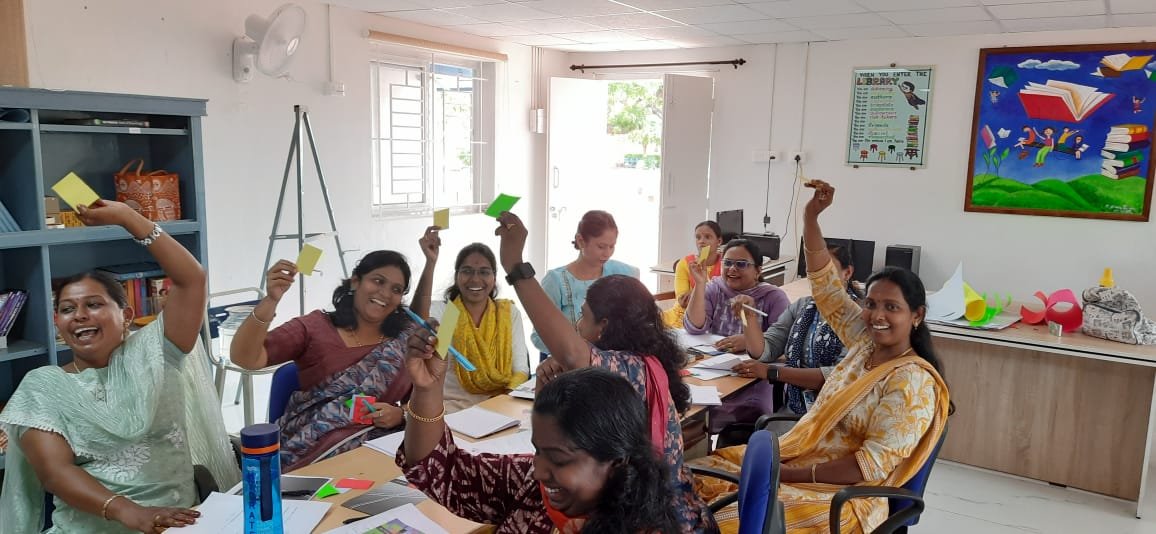
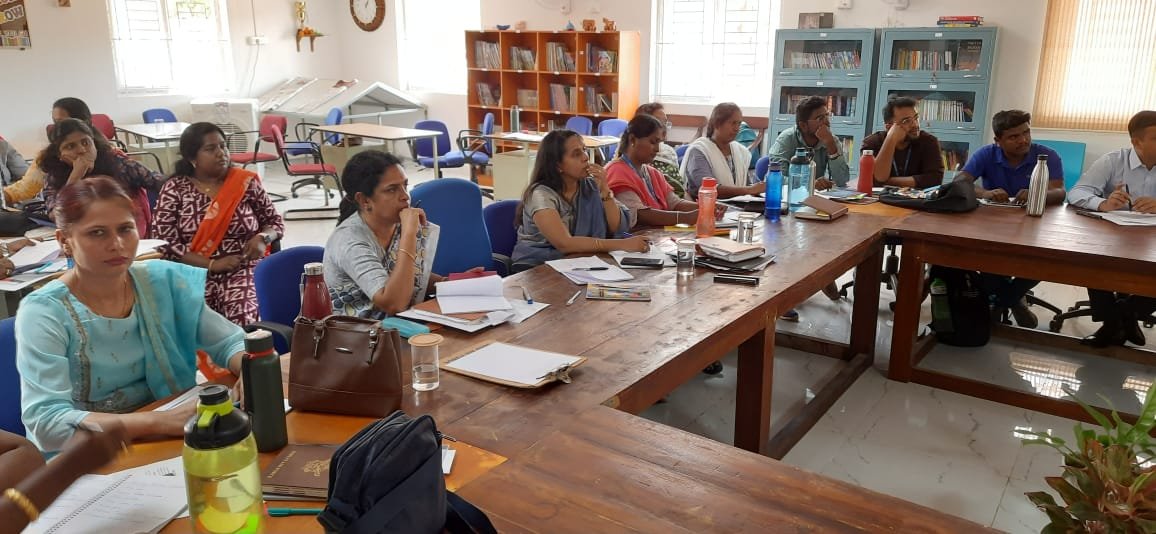

Role Of Teacher In Modern Times
Topic: Preparation on change in the role of teacher in modern times
Date: 19-06-2024
Venue: Air Force School,5 BRD, Sulur
Conducted by: Mr. Geo John, Principal ,Saratha International School, Erode
Overview:
Mr. Geo John, the Principal of Saratha International School, conducted an insightful workshop focusing on enhancing teaching effectiveness and creating a positive learning environment. The workshop aimed to equip teachers with practical strategies to improve their classroom management skills and student engagement.
Key Points Covered:
Role of Teachers as Ready Reckoners:
Teachers should act as reliable resources and guides for students, providing them with necessary support and information.
Communication of School Mission and Vision:
Emphasized the importance of teachers conveying and instilling the school’s mission and vision in students, ensuring alignment and understanding.
Effective Classroom Organization:
Highlighted the need for teachers to organize classrooms effectively to promote a conducive learning environment.
Creating a Positive and Productive Classroom Atmosphere:
Encouraged teachers to foster positivity and productivity in classrooms through interactive and engaging teaching methods.
Practical Seating Arrangements:
Advocated for practical seating arrangements that facilitate collaboration and learning among students.
Instilling True Spirit and Commitment:
Emphasized the significance of teachers embodying the true spirit and values of education wherever they are.
Promoting Student Independence with Guidance:
Advised teachers to empower students with independence while providing necessary guidance and support.
Breaking Monotony in Teaching Methods:
Encouraged teachers to innovate and diversify teaching approaches to keep students engaged and interested.
Individualized Approach Based on Student Needs:
Stressed the importance of assessing and meeting the individual requirements of each student to ensure holistic development.
Preparedness and Innovation:
Urged teachers to be proactive, prepared, and innovative in their teaching methodologies.
Setting High Expectations and Providing Constructive Feedback:
Recommended setting high expectations for students and providing actionable feedback to improve learning outcomes.
Acknowledging and Encouraging Progress:
Advised teachers to praise students’ efforts, even when the quality of work may be low, to motivate and encourage continuous improvement.
Conclusion:
The workshop conducted by Mr. Geo John was highly informative and beneficial for the teaching staff of Airforce School. It provided valuable insights and practical strategies that will enable teachers to enhance their teaching skills, create a positive classroom environment, and effectively contribute to the school’s mission and vision. The session concluded with a renewed commitment from teachers to implement these strategies in their classrooms for the betterment of student learning and development.

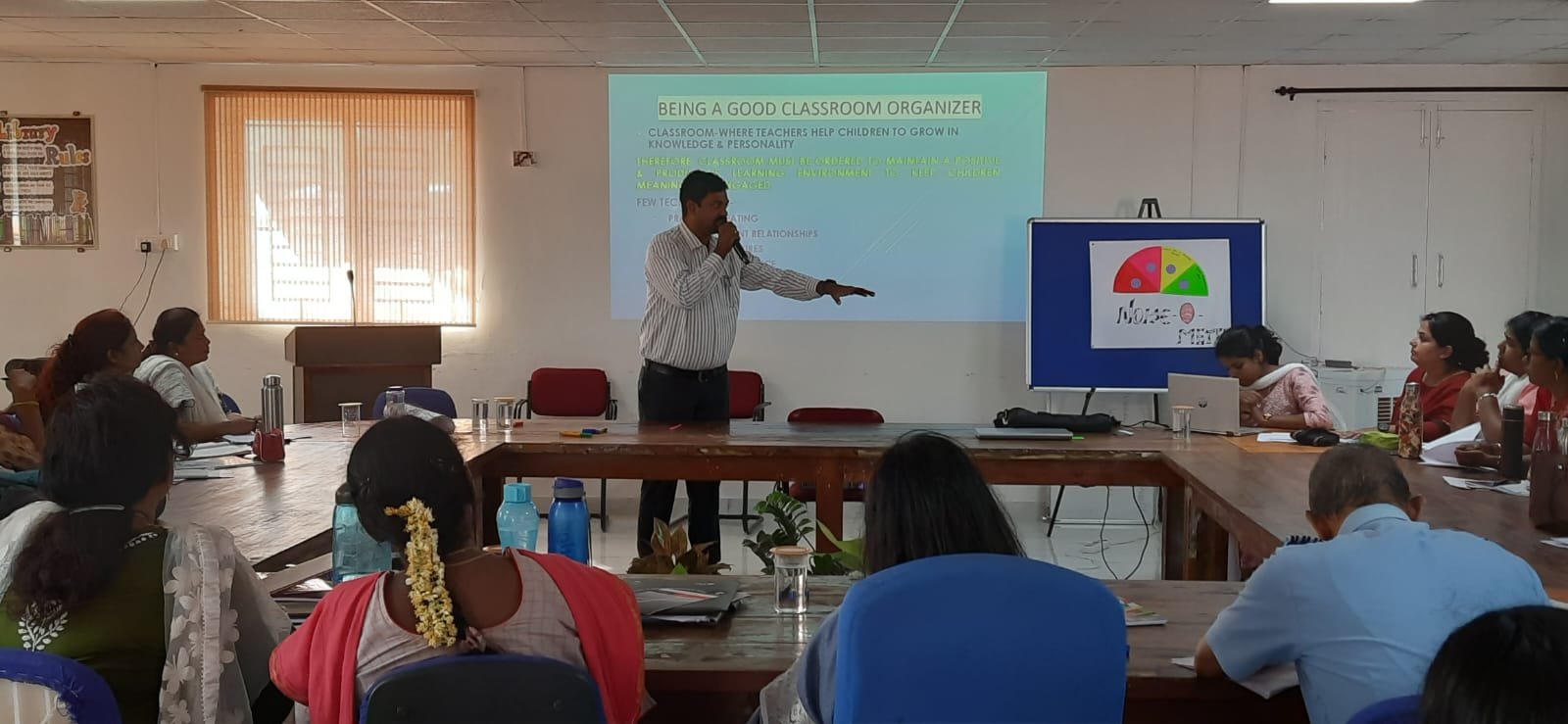
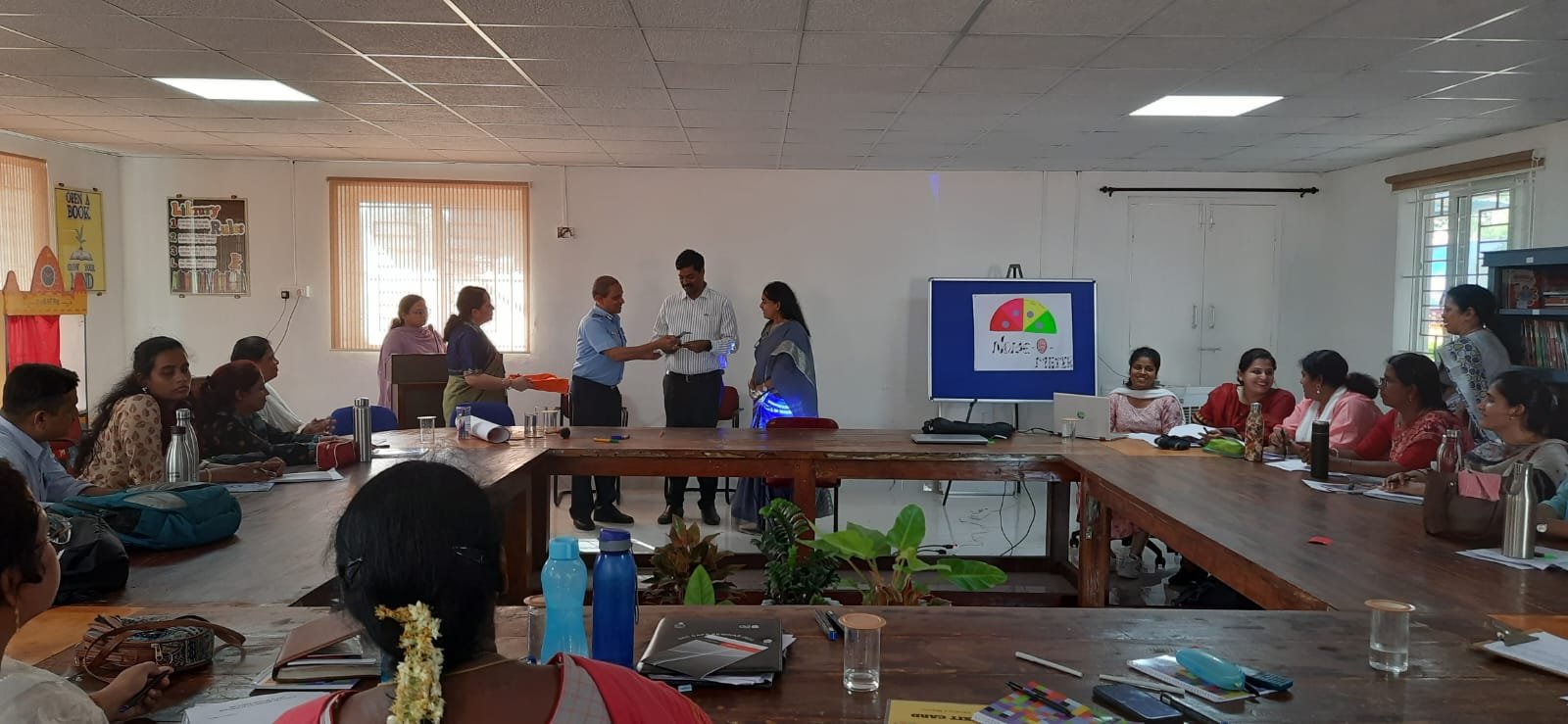
Implementation of NEP 2020 for Teachers
Topic: Implementation of NEP 2020 for Teachers
Date: 19-06-2024
Venue: Air Force School,5 BRD, Sulur
Conducted by: Mr. Rakesh Kumar Mishra, Principal, Kendriya Vidyalaya, Sulur
Overview: The workshop focused on familiarizing teachers with the National Education Policy (NEP) 2020 and its implications for transforming the education system in India. The principal emphasized several key aspects outlined in the policy to be implemented across Airforce schools and Kendriya Vidyalayas.
Main Points Covered:
- Universalization of Education:
- Ensuring equitable access to quality education for all children, including those from disadvantaged backgrounds.
- Strategies discussed: improving infrastructure, outreach programs, and inclusive practices.
- Quality of Education:
- Shift from rote learning to a competency-based framework.
- Emphasis on critical thinking, creativity, and problem-solving skills.
- Methods to enhance teaching quality through professional development and peer learning.
- Vocational Education:
- Integrating vocational skills into the school curriculum from an early age.
- Importance of practical knowledge and skill development alongside theoretical learning.
- Collaborations with local industries for apprenticeships and hands-on training opportunities.
- Multilingualism:
- Promoting proficiency in regional languages alongside the national language and English.
- Strategies for incorporating multilingual teaching methods to improve language skills and cultural understanding.
- Competency-Based and Experiential Lesson Plans:
- Designing lesson plans that focus on developing specific competencies and skills rather than just content delivery.
- Incorporating experiential learning methods such as project-based learning, field trips, and interactive sessions.
- Aligning lesson plans with learning outcomes and assessment criteria defined by NEP 2020.
Conclusion: The workshop provided a comprehensive overview of NEP 2020 and equipped teachers with practical strategies to implement its key provisions effectively. It emphasized the role of teachers as facilitators of learning and agents of change in transforming the educational landscape. Moving forward, continuous training and support mechanisms will be crucial in ensuring successful implementation across Airforce schools and Kendriya Vidyalayas.
Feedback and Next Steps: Participants expressed enthusiasm and commitment to integrating NEP 2020 principles into their teaching practices. Follow-up sessions and ongoing support will be provided to address specific challenges and refine implementation strategies.
This workshop marked a significant step towards aligning with national educational goals and preparing students for the challenges of the 21st century.
